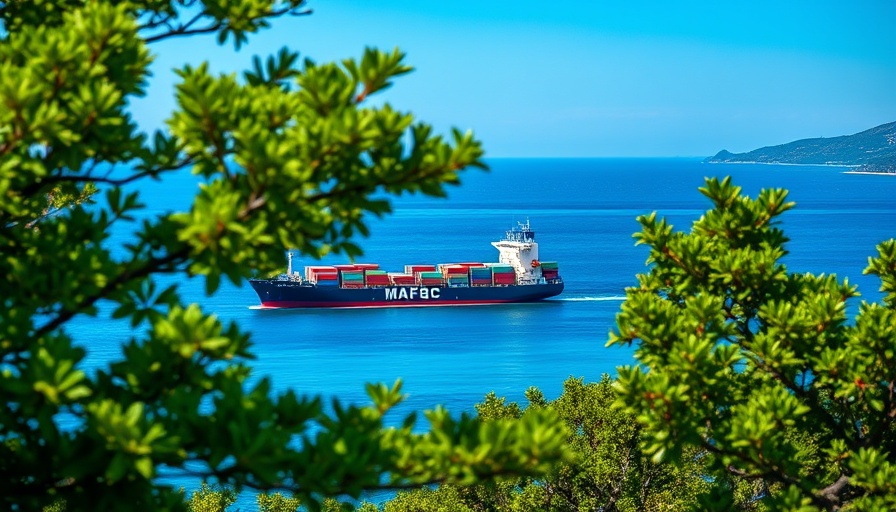
The Fight Against Erasure: Indigenous Women in Southeast Asia Stand Tall
Across Southeast Asia, Indigenous women activists are rising up against extraction practices that threaten their communities and cultures. These women face daunting challenges, including systemic discrimination, community exclusion, and violence. Yet, despite the odds stacked against them, they continue forging paths toward advocacy, education, and empowerment.
Empowering Voices Against Extraction
Maria Suryanti Jun, a visible figure in these struggles, started her journey as an environmental defender only after a geothermal project was approved for her hometown, Poco Leok, located in the Indonesian province of East Nusa Tenggara. This area, sitting atop an active volcano, became the focal point of protests against the project, which was financed by the German development bank KfW. Maria and her community expressed concerns that the development was carried out without proper consultation, jeopardizing their cultural and environmental heritage.
Poverty and Marginalization: The Way Forward
The obstacles Indigenous women face don't just stem from societal norms but also from economic challenges. High poverty rates and limited access to educational opportunities often leave these women without a voice in both their communities and broader societal discussions. Yet, as Lim Parech—an Indigenous Akha youth activist—notes, times are changing. “In the past, women were not even present in community meetings,” she reflects, highlighting the evolving role of women leaders in advocacy.
Free, Prior and Informed Consent: A Continuing Struggle
For Indigenous communities, their land represents not just physical space but cultural identity. The failure to uphold the principle of free, prior, and informed consent (FPIC) in projects like the Ulumbu geothermal plant not only threatens ancestral lands but also disregards the voice of the people. According to Surti Handayani, a lawyer with the legal advocacy arm of AMAN, violating FPIC means denying Indigenous people's right to self-determination. This neglect can lead to losing not only homes but also cultural sites like burial grounds.
Breaking Barriers: The Rise of Female Leaders
Maria’s journey, while filled with challenges, also underscores the emergence of strong female leaders within Indigenous communities, often operating in patriarchal societies. Despite the male-dominant environment, women like Maria are beginning to break barriers. “She is one of the few Indigenous women who is able to speak in public,” says Seviana Yolanda, an independent researcher supporting the Poco Leok community. Maria’s journey serves as an inspiration for many, demonstrating that transformational change is possible even in the face of adversity.
Building Solidarity and Community Support
The road to change is rarely easy, especially for those at the intersection of gender and ethnicity. Indigenous women not only require the support of their communities but also international solidarity and advocacy. Programs aimed at capacity-building enable these women to gain skills, knowledge, and a sense of agency in their communities. Through educational initiatives promoting environmental conservation and sustainable practices, these women are positioning themselves as leaders in the fight against extraction.
Future Insights: What Lies Ahead
The resilience of Indigenous women in Southeast Asia shines a light on broader social and environmental justice movements. As climate change impacts intensify, the role of these leaders becomes even more critical. While challenges remain, there is a palpable rising interest in sustainability practices that respect Indigenous rights and embrace eco-friendly living. This aligns with global movements focused on reducing carbon footprints and transitioning toward renewable energy.
By championing sustainable agriculture, promoting fair trade, and advocating for sustainable development goals, Indigenous women are not just resisting erasure; they’re forging a new narrative of hope, resilience, and empowerment.
Take Action for Change
The dynamic changes led by Indigenous women in Southeast Asia remind us of the power of advocacy and education. As readers invested in eco-friendly practices, consider supporting Indigenous-led organizations that strive for sustainability and land rights. Your engagement can propel these movements and foster a sustainable future.
 Add Row
Add Row  Add
Add 



Write A Comment